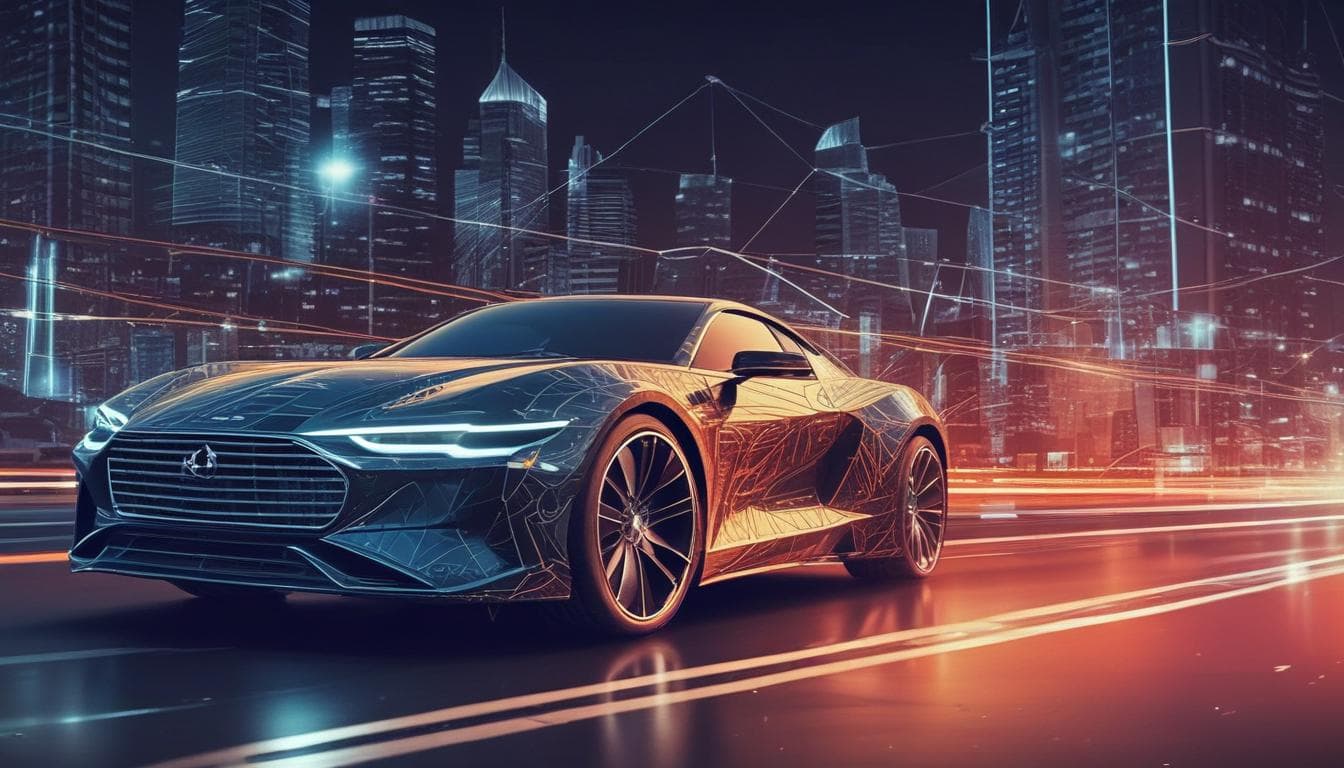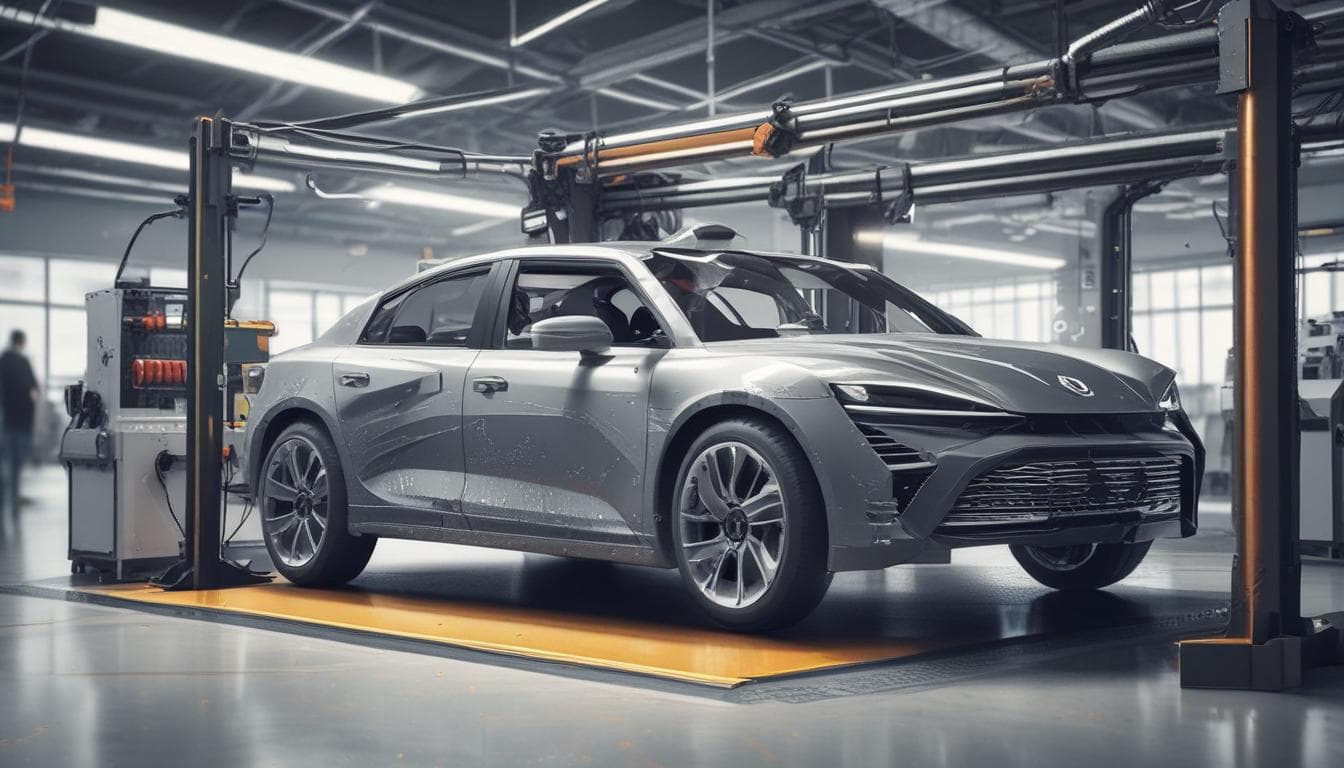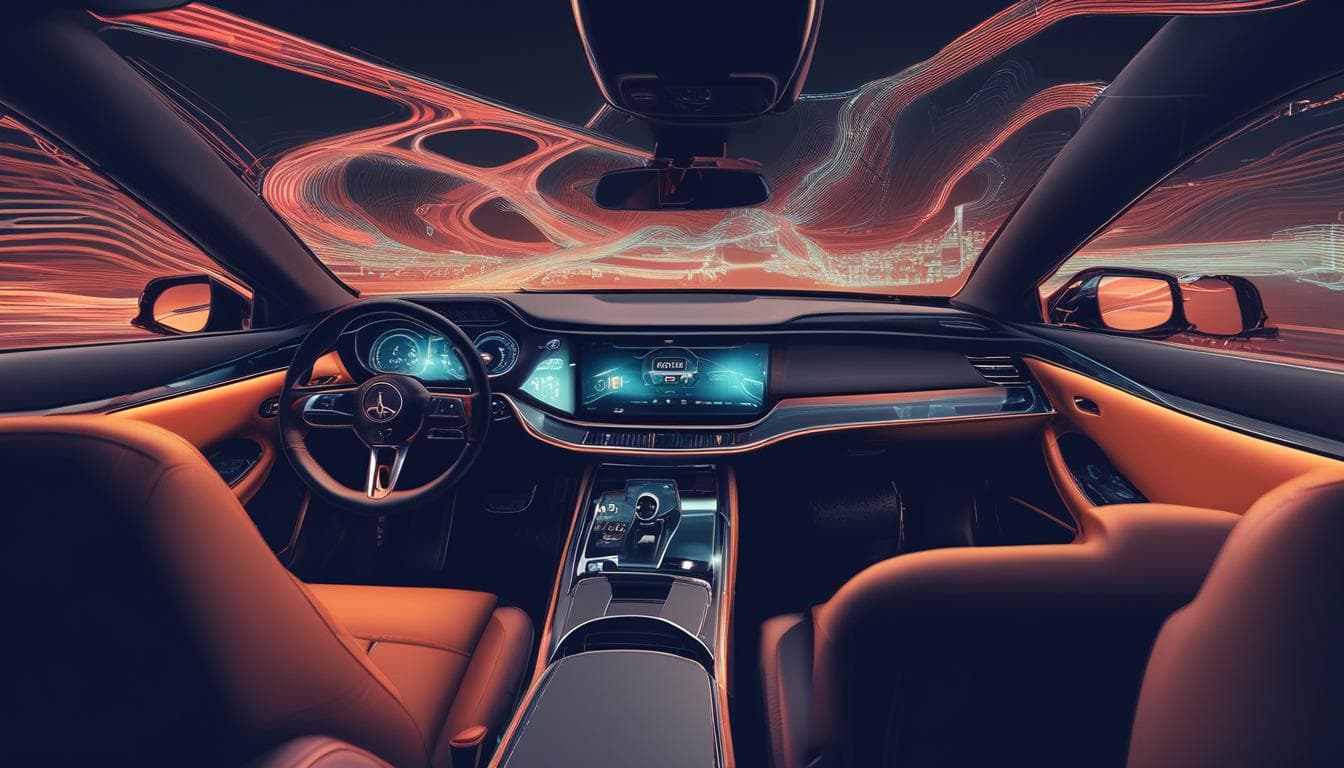The automotive industry is on the cusp of a significant transformation, driven by the integration of blockchain technology. This decentralized and secure system offers solutions to long-standing challenges, paving the way for increased transparency, efficiency, and trust within the automotive ecosystem. From revolutionizing supply chains to enabling new ownership models, blockchain's impact is far-reaching and multifaceted.
Revolutionizing the Automotive Supply Chain
Enhanced Transparency and Traceability
Blockchain's distributed ledger system allows for real-time tracking of parts and components throughout the supply chain. This transparency helps prevent counterfeiting, ensures the authenticity of parts, and streamlines logistics. Each transaction is recorded on the blockchain, creating an immutable audit trail that all stakeholders can access. This not only improves efficiency but also reduces the risk of fraud and errors.
Streamlined Logistics and Reduced Costs
By automating processes and reducing paperwork, blockchain can significantly optimize logistics. Smart contracts can be used to automate payments and trigger shipments based on predefined conditions, reducing delays and human error. This streamlined process lowers costs and improves overall supply chain efficiency. 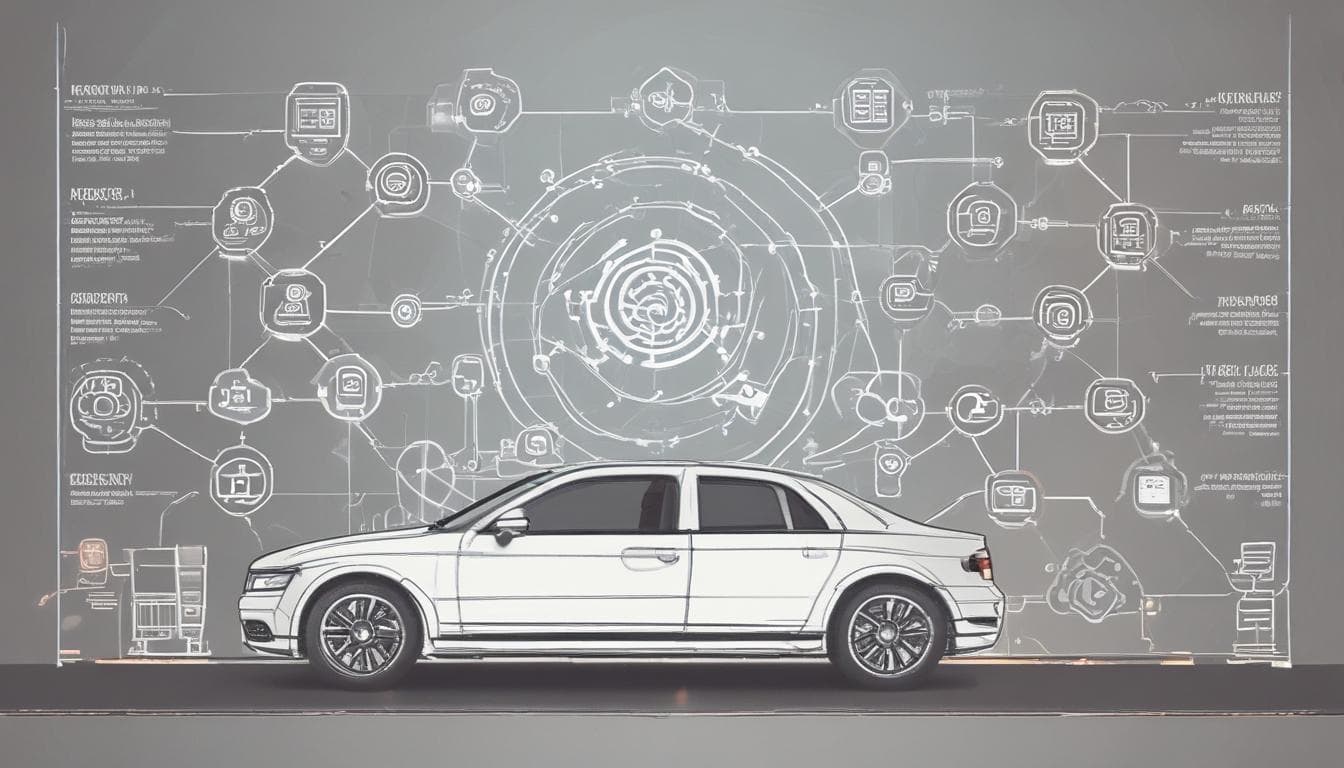
Securing Vehicle History and Data Management
Immutable Vehicle History Tracking
Blockchain provides a secure and tamper-proof platform for recording vehicle history. From maintenance records to accident reports and ownership changes, every detail can be stored on the blockchain, creating a comprehensive and trustworthy vehicle history. This information is readily accessible to potential buyers, insurers, and other stakeholders, fostering trust and transparency in the used car market. For example, blockchain can work in tandem with technologies like automated vehicle inspections to enhance data integrity.
Enhanced Data Security and Privacy
Blockchain's cryptographic security ensures that vehicle data is protected from unauthorized access and tampering. This is crucial in an era of increasing connectivity and data sharing. With blockchain, car owners have greater control over their data and can choose to share it selectively with service providers, insurers, or other parties.
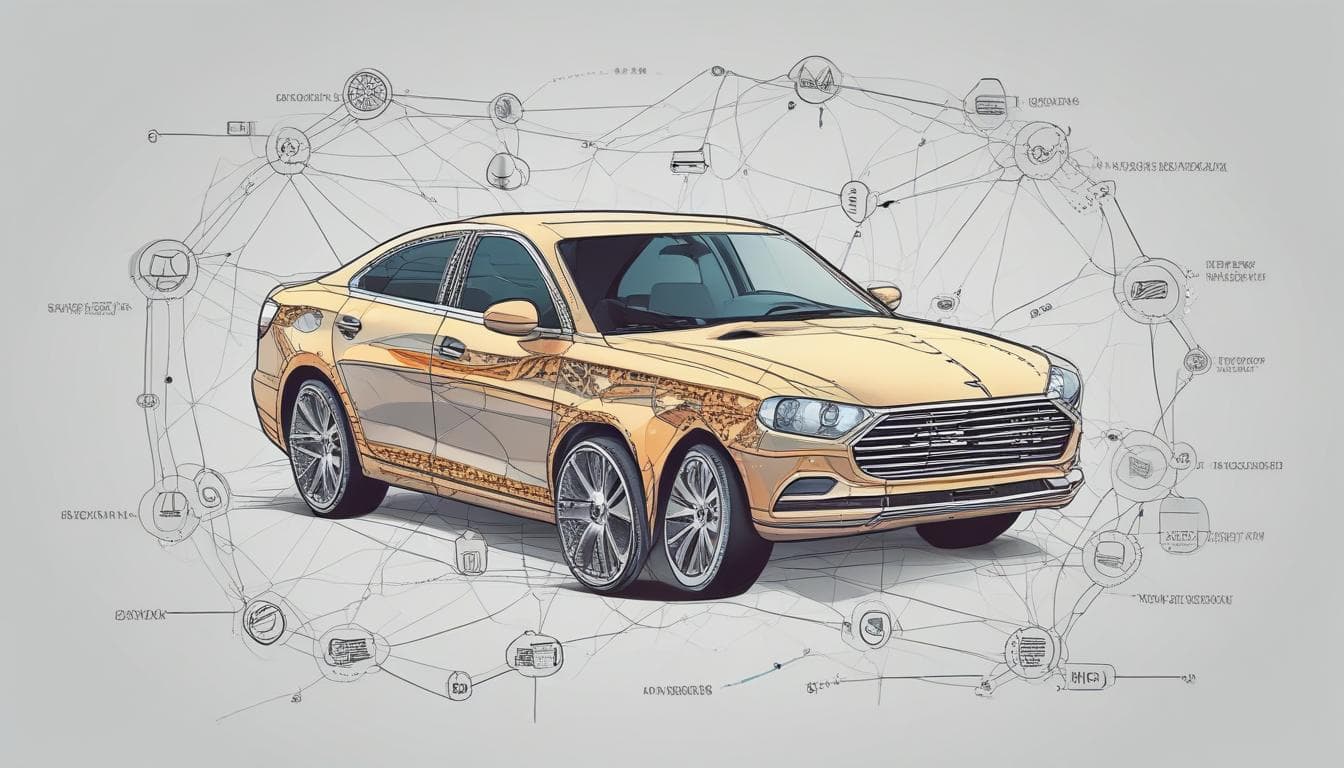
Transforming Ownership and Mobility
Fractional Ownership and New Business Models
Blockchain enables fractional ownership of vehicles, opening up new possibilities for shared mobility and investment. Through tokenization, ownership can be divided into smaller units, making high-value vehicles accessible to a wider range of individuals. This also facilitates peer-to-peer car sharing and rental platforms, creating new revenue streams and mobility solutions. Similar to how car subscriptions are reshaping ownership models, blockchain introduces innovative approaches.
Simplifying Vehicle Transactions
Blockchain can streamline the process of buying and selling vehicles. Smart contracts can automate the transfer of ownership, payment processing, and other administrative tasks, reducing the need for intermediaries and paperwork. This simplifies the transaction process, making it faster, more efficient, and more secure. For instance, integrating blockchain with V2X communication could further enhance the safety and efficiency of vehicle transactions and data exchange.

Conclusion: Driving the Future of Automotive with Blockchain
Blockchain technology is poised to revolutionize the automotive industry, offering solutions to key challenges and unlocking new opportunities. Its ability to enhance transparency, security, and efficiency across the supply chain, data management, and ownership models is transforming the way we interact with vehicles. As the technology matures and adoption grows, we can expect to see even more innovative applications of blockchain in the automotive sector, driving the industry towards a more secure, transparent, and sustainable future. The integration of blockchain is not just a technological advancement; it's a paradigm shift that will reshape the automotive landscape for years to come. Complementary technologies like the digital twin are also transforming the industry. We encourage readers to explore the potential of blockchain and contribute to the ongoing conversation about its role in shaping the future of mobility. 
